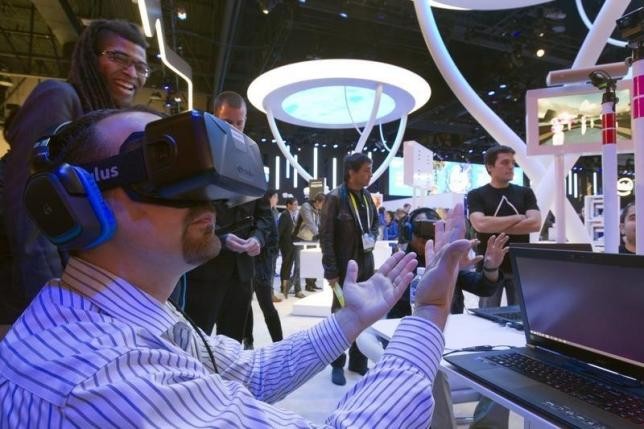After Oculus was acquired by Facebook in 2014, virtual reality (VR) easily became a household term, sending other makers to dip their toes into the burgeoning market for VR.
In China, however, manufacturers are not only eager to create cheap copycats, but they are also focused on creating technologies that would make VR functional and inexpensive.
"The Chinese are not content with just creating cheaper versions of today's high-end VR headsets," Tim Bajarin, an industry consultant, wrote for the Time. "They want to innovate in this space and create VR goggles that look more like a set of actual glasses."
Bajarin was in Shenzhen for the CE China trade show organized by Berlin, Germany-based IFA.
One example Bajarin cited was "Dlodlo," billed as the "world's first portable glasses."
The VR headset, still in its prototype stage, actually looked like normal sunglasses. The company behind the model said that Dlodlo will be "ready for the market soon."
Citing a statement by Facebook CEO Mark Zuckerberg, Bajarin said that unobtrusive VR headsets resembling regular glasses could take a decade before hitting the commercial market.
But the growing presence of Chinese VR suppliers is not something to ignore.
"It became clear that the Chinese want to deliver the technological breakthroughs needed to create VR headsets that are more like glasses and relatively inexpensive as soon as possible," Bajarin wrote.
Bajarin added that "although this may take a few more years to achieve, the Chinese are in a place to be a major influence on VR technology of the future."
Meanwhile, some industry experts call China's VR segment an "explosion."
"The market is expanding with a multitude of hardware manufacturers and content developers getting involved at an increasing rate," said Ian Zhao, supervisor for VR company Ximmerse, in a presentation. ?World renowned tech giants such as Lenovo, Tencent and Xiaomi are all setting foot in this field to try and create something revolutionary while consumer interest is at an all-time high."



























